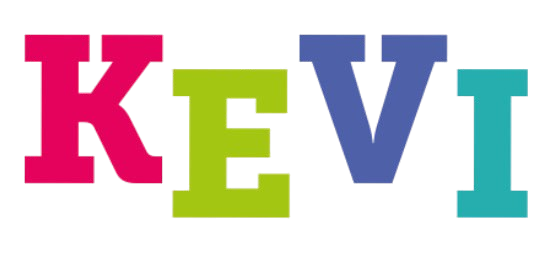Study
Students will cover work from Pure Maths, Mechanics and Statistics. Many of the areas met in Pure Maths serve as an important foundation for other branches of mathematics, especially Mechanics and Statistics. The work builds upon knowledge gained at GCSE in topics such as trigonometry, sequences and the geometry of straight lines. In addition students learn about calculus and its applications, including the solving of differential equations and the many techniques behind integration Many ideas met in Mechanics form an almost essential introduction to such important modern fields of study such as Cybernetics, Robotics, Biomechanics and sports science as well as the more traditional areas of Engineering and Physics.
Many of the ideas in Statistics have applications in a wide range of other fields, from assessing car insurance costs to evaluating risk due to natural disasters. Many techniques are used widely in sciences and social sciences such as hypothesis testing.
In Mechanics, students gain greater depth into the application of Newton’s laws of motion and apply knowledge of forces to moments.
Assessment
Students will take regular assessments at the end of topics to monitor progress. These mini assessments do not count towards a final grade. The exams are taken at the end of the course.
Students take three two hour papers two of which are Pure Maths and the third is an applications paper. There is no coursework. A scientific calculator that allows students to gain information from statistical tables and apply matrix manipulation is essential. These can be ordered from the Maths department.
What Next?
Maths goes well with virtually every other subject. There are obvious links to Physics, Biology and Chemistry but also to the Social Sciences such as Psychology. In addition Maths will go well with Computer Science, Economics and Business. Many of our students have gone on to pursue careers in Economics and Engineering but we have also had students taking Maths degrees and now working in the City.
In terms of degrees, many courses will have maths as an essential qualification including for example Engineering, Economics, Computer Science, Mathematics, Physics. There are a wide variety of careers open to students who have studied maths; the many different fields of Engineering, Accountancy, Finance, Economics, Investment Banking, Medicine, Architecture, to name but a few.
Mathematics Subject Leader: Miss C Waterhouse
Syllabus: Edexcel
Course Specification: 9MA0
Qualification: A Level

